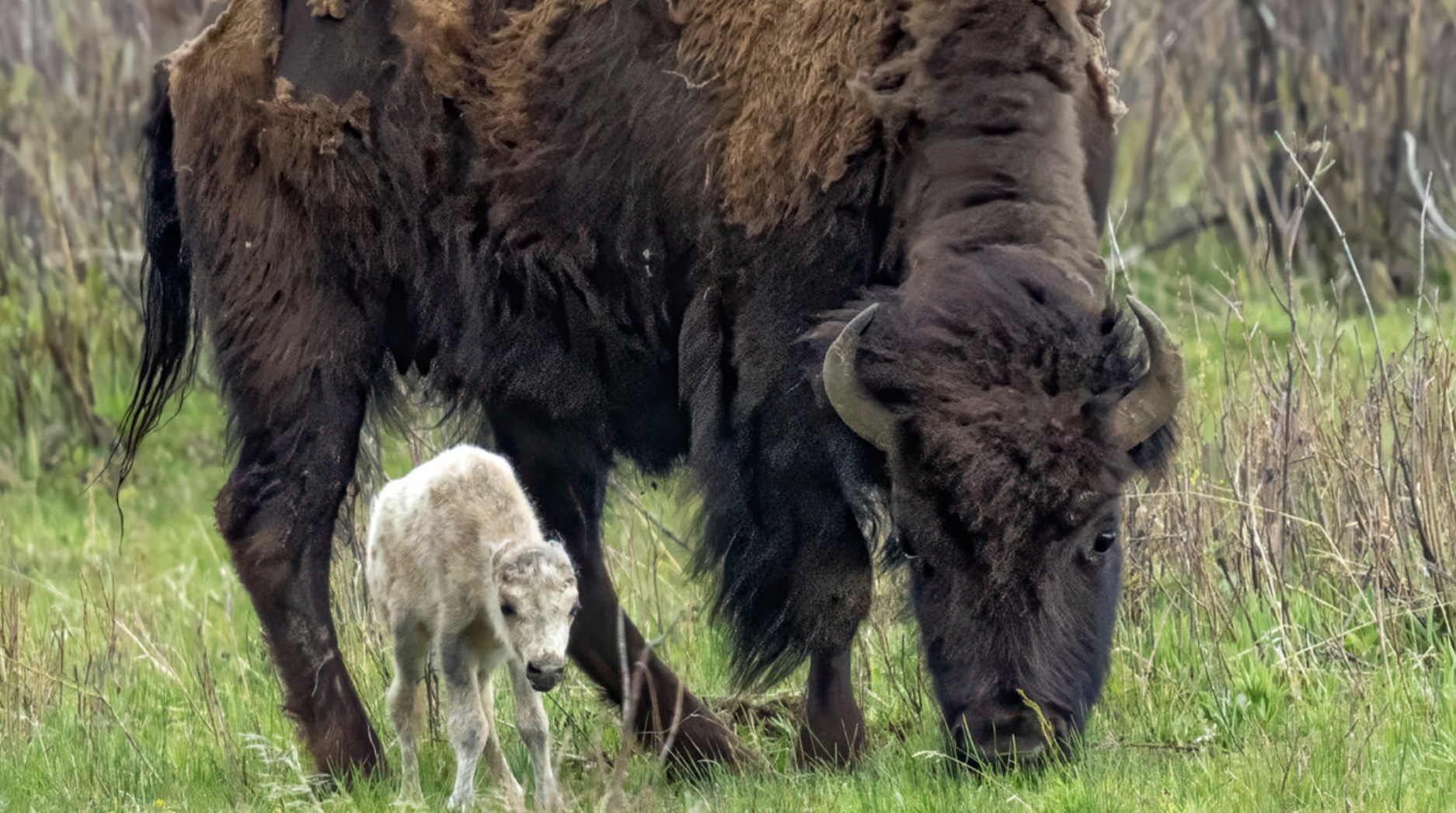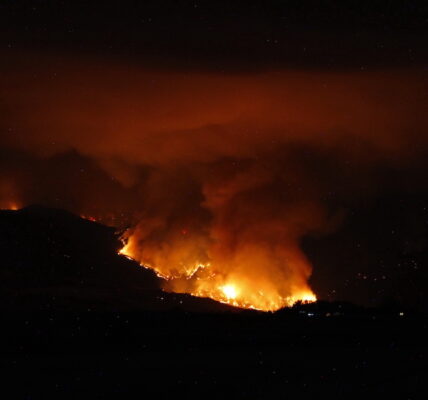
The following is a statement by officials of Yellowstone National Park regarding the birth of a white bison calf –
Confirmation
-
At this time, Yellowstone National Park can confirm, based on multiple creditable sightings, that a white bison calf was born in Lamar Valley on June 4, 2024.
-
Yellowstone’s Center for Resources Bison Management Team received numerous reports and photos of the calf taken on June 4 from park visitors, professional wildlife watchers, commercial guides and researchers.
-
To date, park staff have been unable to locate the calf.
-
To our knowledge, there have been no confirmed sightings by park visitors since June 4.
-
Photos provided to park biologists indicate the calf is leucistic (black eyes and hooves with some pigmentation), rather than an albino animal.
Significance
-
The birth of a white bison calf was a rare natural phenomenon that once occurred before the near extinction of bison in the late 19th century, when bison numbered in the tens of millions.
-
The birth of a white bison calf may reflect the presence of a natural genetic legacy that was preserved in Yellowstone’s bison, which has revealed itself because of the successful recovery of a wild bison population of 3,000-6,000 animals.
-
The birth of a white bison calf in the wild is a landmark event in the ecocultural recovery of bison by the National Park Service (NPS).
-
The NPS has never reported a white calf being born within Yellowstone National Park.
-
The birth of a white bison calf in the wild is believed to occur in 1 in 1 million births or even less frequently.
-
The NPS acknowledges the cultural significance of a white bison calf for American Indians.
Bison Population
-
The bison population fluctuates from 3,000 to 6,000 animals in two subpopulations, defined by where they gather for breeding. The northern herd breeds in the Lamar Valley and on the high plateaus around it. The central herd breeds in Hayden Valley.
-
The NPS estimates the 2024 pre-calving bison population around 4,550. Calving occurs in a single pulse during late spring and early summer.
-
The NPS will complete annual post-calving counts this August.
-
Each spring, about 1 in 5 bison calves die shortly after birth due to natural hazards.
-
Read more about bison ecology and bison management in Yellowstone.
Let us know what you think!
+1
+1
+1
+1
+1
+1
1
Share





